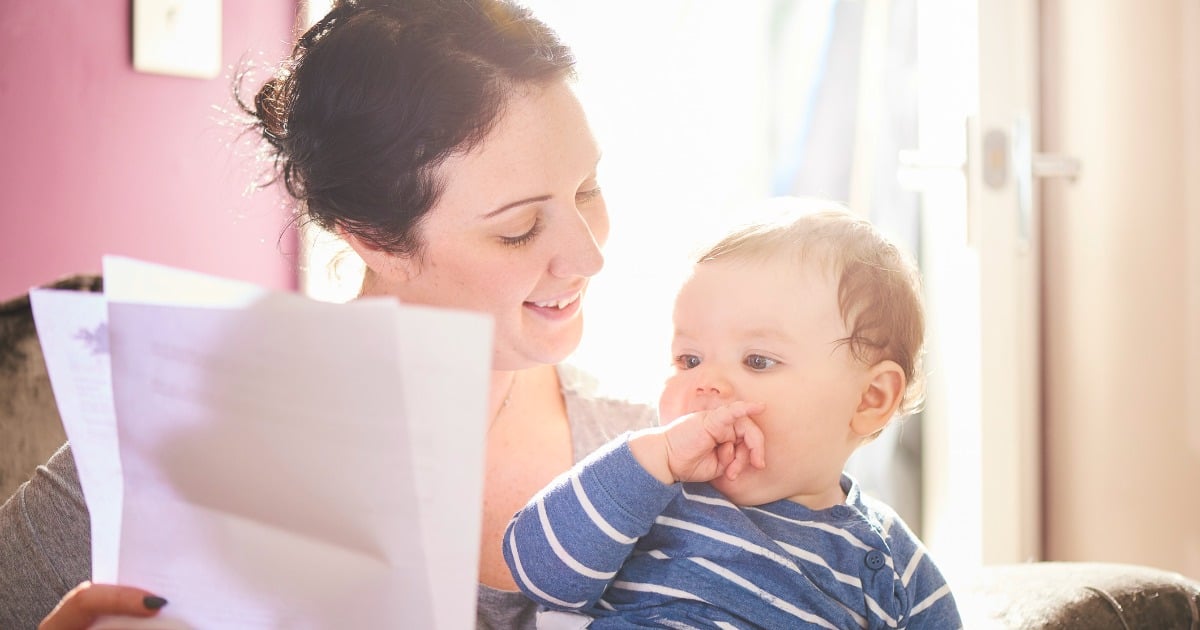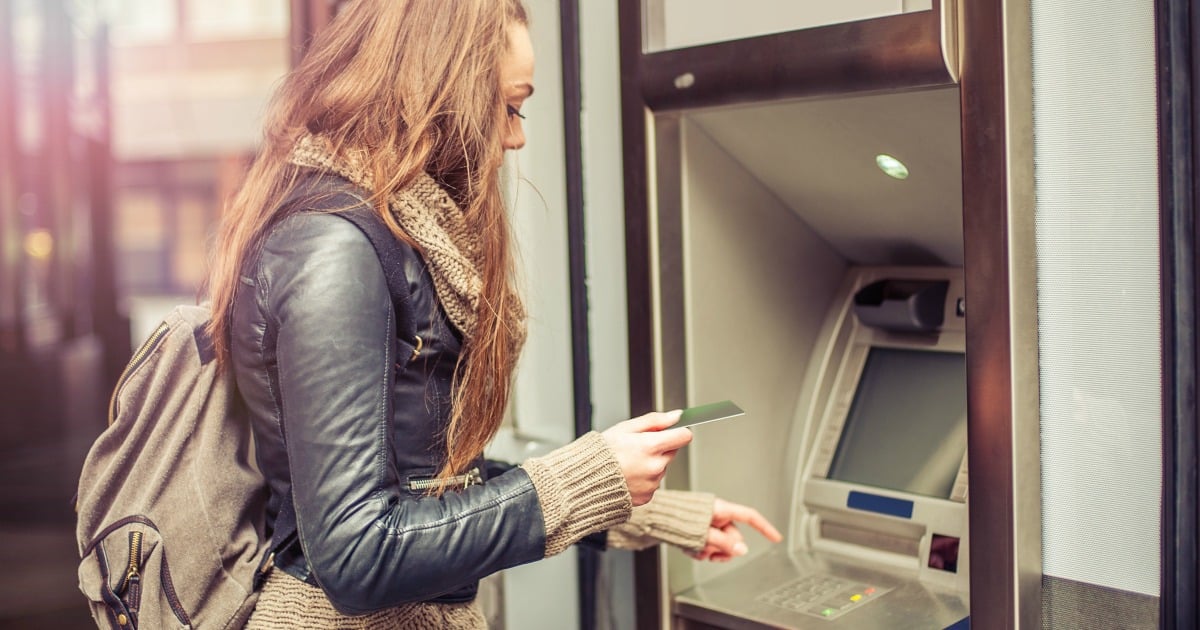I am going to give you a useful view on the budget, probably with some swearing, and then you can go back to drinking that glass of sav blanc.
First question: Is the Super Saver Scheme the BEST THING EVER for first home buyers? No, not really. But it’s not bad either.
The best thing that could happen for the poor young first home buyer is that we stop immigration, use more contraception and go back to living with three generations in one house. None of which I am actually advocating – but the point is, supply is the biggest issue.
I listened to a story on ABC Radio National this week, about the economics of population growth (that’s the kind of party girl I am). Our population is growing faster than ever, and we have to house everyone. At the same time, the number of people who live in each dwelling has gone down a lot since the 1960s.
I live by myself, so I am guilty of driving this trend. But the ethics of resource consumption aside, it’s clear that we have too many people and not enough housing, and this will keep prices high for the foreseeable future.
However, that’s OVERALL. House prices rise and fall in line with the fate of the particular cities and towns they’re in. Townsville, Mackay and Perth are just some of the places that have faced steep falls in prices, as the mining industries propping them up have faltered. Hence why the old property investment game is a bit tricky.



Top Comments
Well written article. One thing I might add will be to seek professional financial advice before contributing funds into super. Remember, super is a tax structure but also highly political and current rules may change in the future - which of course presents risks to this strategy. You need to consider all other options to ensure that it is the most appropriate option for you.